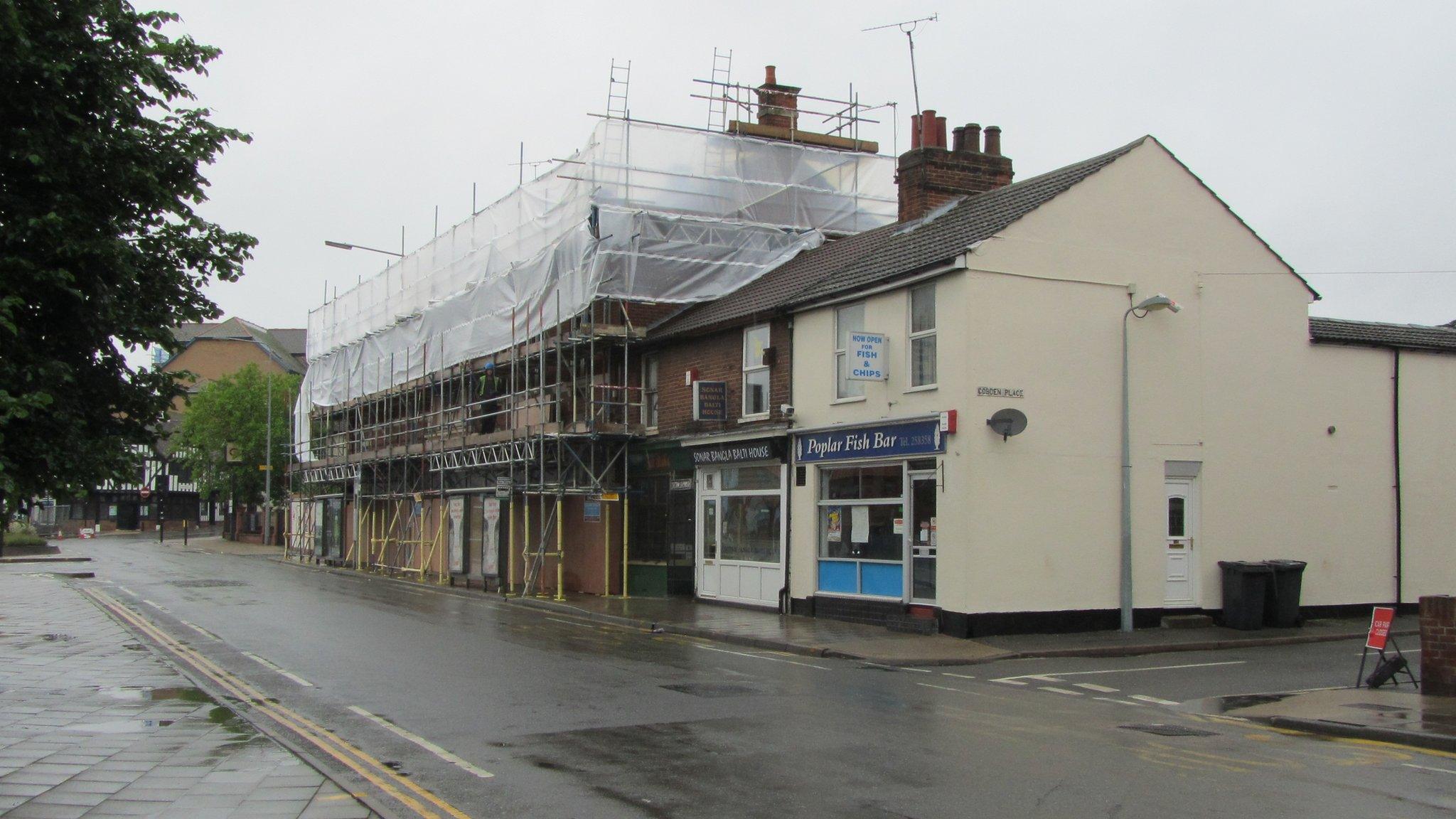East of England: Cash awards for 'working class' heritage projects
- Published

Historic England funding will go to a group celebrating the lives and stories of gypsy, Roma and traveller community living in Greensand Country, Bedfordshire
A heritage charity is to give more than £58,000 towards five projects in the East of England that celebrate working class life.
Historic England's grant scheme will go towards schemes that "reveal and celebrate fascinating untold stories".
Stories of a paranormal magazine from 1970s Lowestoft and 16th Century Ipswich almshouses - to the brickmaking and farming heritage of Eye in Cambridgeshire - will benefit.
The funding will be over two years.
The Everyday Heritage grant programme, external also includes £18,950 for gypsy, Roma and traveller communities in Greensand Country in Bedfordshire, and £10,000 for the SPILL Festival, to celebrate the former Ipswich Caribbean Centre which was demolished in 2012.
The cash will go towards an oral histories project to help draw out people's memories and experiences of spending time at the centre.
New community artworks and heritage resources will be created, and a public event will celebrate the cultural and social impact of the former community space.
A touring exhibition telling stories about the gypsy, Roma and travelling communities will see the Full House Theatre group lead a project of children and families to create content alongside visiting artists.
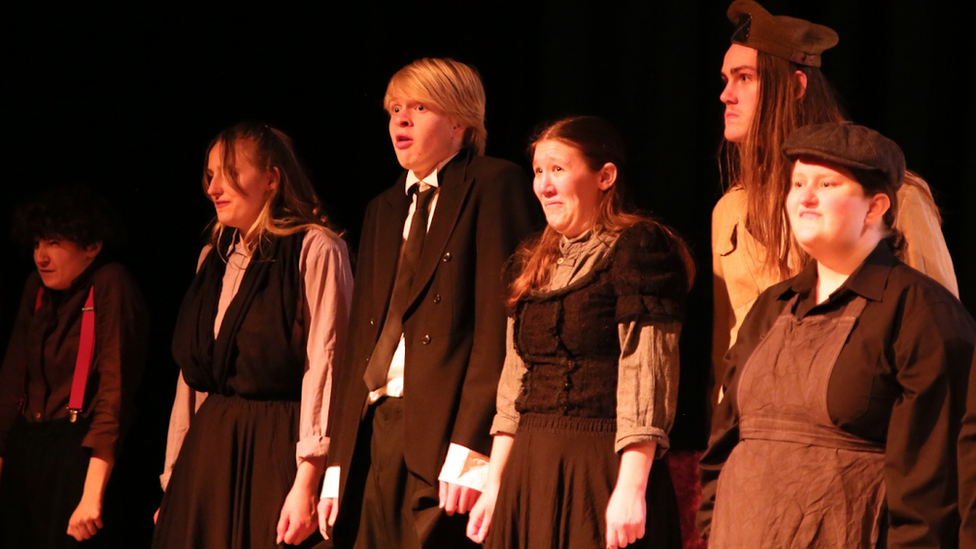
Tooley’s Almshouses will tell the story of the Ipswich almshouses through performance by the Chainers
Tooley's Almshouses, in Ipswich, will use £9,889 to tell the story of the buildings, established by the estate of wealthy merchant Henry Tooley in 1552, which transformed the lives of disadvantaged people.
The project will be co-created with the Chainers, a group for young people aged 13 to 21, run by Red Rose Chain Theatre Company.
The locally-produced paranormal magazine, Lantern, was an important part of the Lowestoft cultural scene in the 1970s.
In partnership with local people, the Seagull Lowestoft will use £9,566 to explore the buildings and stories that were featured in the magazine, as well as create a piece of drama.
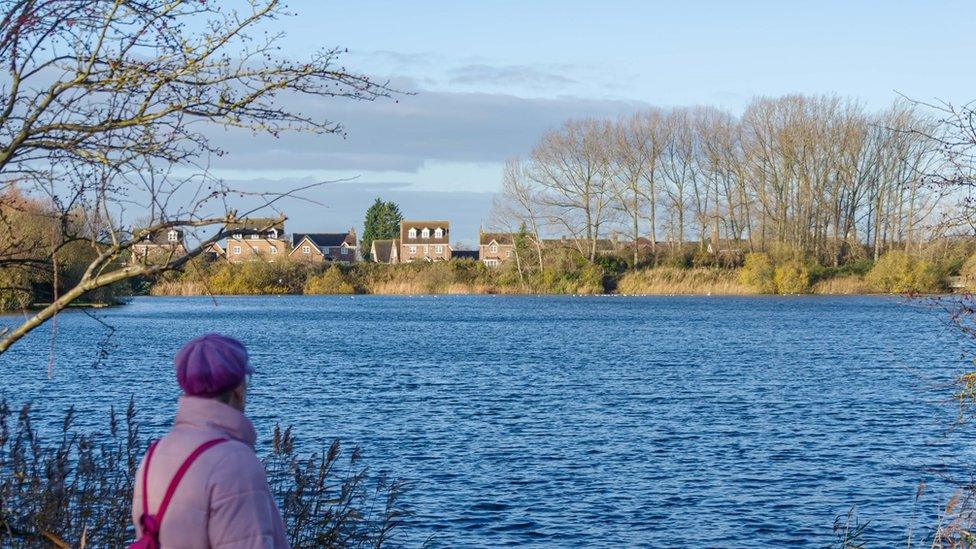
Eye Nature Reserve which was formed once Eye Brickworks was closed down
Digging Down, Building Up, Peterborough Presents - part of the Nene Park Trust - has been granted £19,600 to explore Eye's brickmaking and farming heritage, uncovering the stories and voices of people who lived and worked in those industries from the early 1900s.
Eye's bricks were used in buildings across the country, including Westminster Cathedral, and continued in production until 1990.
Tony Calladine, East of England regional director, Historic England, said: "There are so many hidden histories to uncover here in the East of England.
"Every community has a story to tell and we want to hear them."

Follow East of England news on Facebook, external, Instagram, external and X, external. Got a story? Email eastofenglandnews@bbc.co.uk, external or WhatsApp us on 0800 169 1830
- Published18 December 2023

- Published13 December 2023
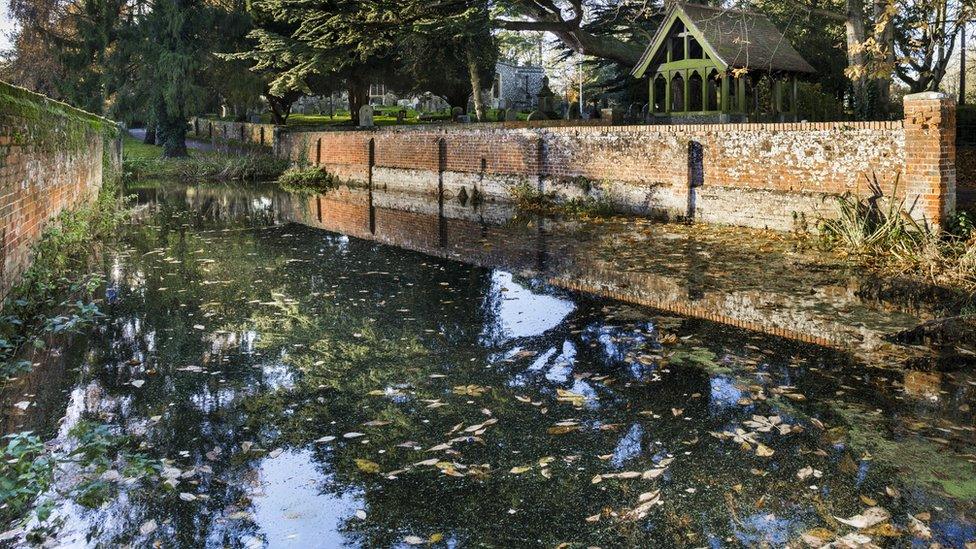
- Published9 November 2023
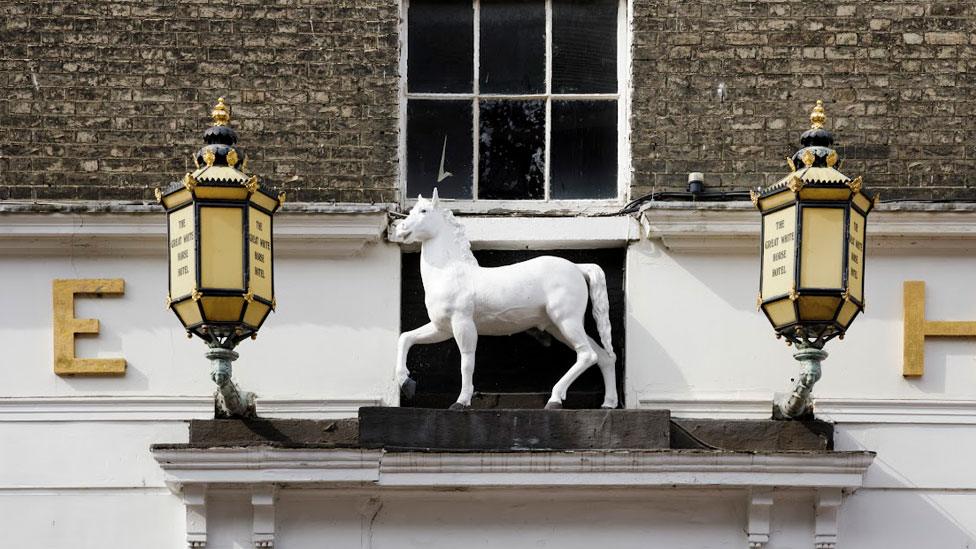
- Published7 July 2012
